Darwin, the Big Bang and the moon
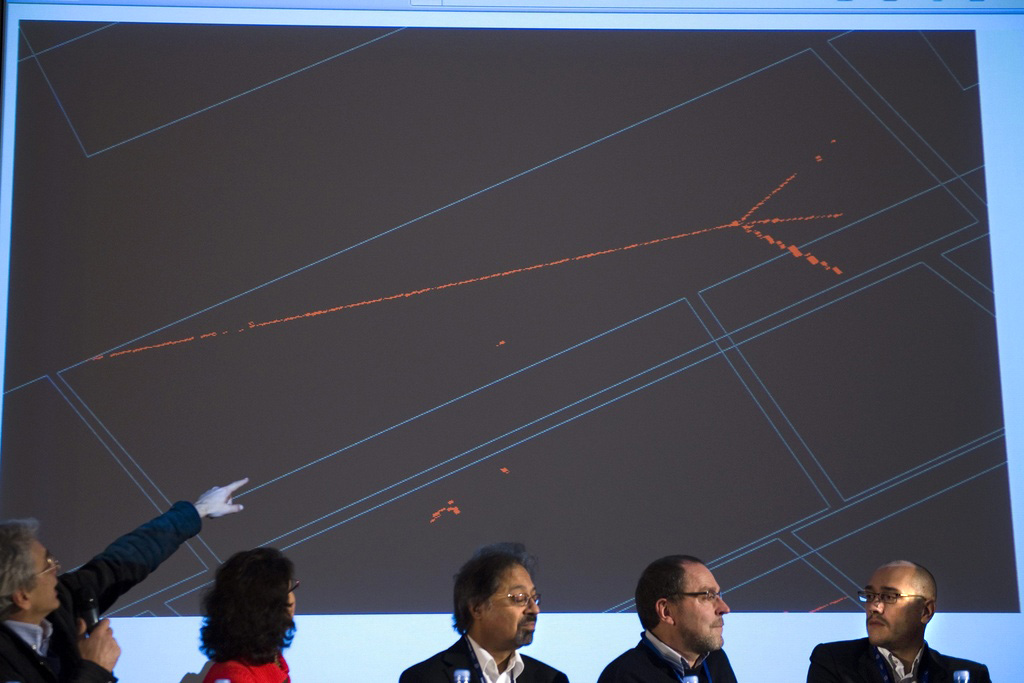
The Swiss scientific year ended with a bang after the Cern atom smasher on the Swiss-French border hit protons together for the first time – after months of delay.
2009 also saw two important anniversaries for Darwin and the moon, as well as the uncovering of a red lake and rather surprising revelations about sex.
Scientists at the European Organization for Nuclear Research (Cern) announced their groundbreaking results from the Large Hadron Collider (LHC) on November 23.
“This is great news – the start of a fantastic era of physics,” said Cern particle physicist Fabiola Gianotti.
It is hoped that the experiments will eventually provide clues about the origins of the Big Bang. The machine, the largest of its kind in the world, has already broken the record for proton acceleration.
The LHC was booted up with great fanfare – and not a little trepidation on the part of some swissinfo.ch readers – on September 10, 2008, only for an electrical fault to end it all of nine days later.
It took 14 months to repair, during which it also had to contend with natural forces. A bird dropped a crumb of bread into an outside power supply short-circuiting it for a few hours.
Darwin’s monkeys
What Charles Darwin, who was born 200 years ago, would have made of that is, of course, unknown. The British naturalist’s life and work, including his revolutionary theory of evolution via natural selection, were widely celebrated in Switzerland. 2009 was also the 150th anniversary of Darwin’s Origin of Species.
Daniel Cherix, a professor of ecology and evolution at Lausanne University, told swissinfo.ch in February that the year would serve to debunk a few myths surrounding Darwin.
“As for his famous statement that ‘man is descended from monkeys’ – a summary of Darwinism that still often pops up – that’s a completely wrong interpretation of his theory,” Cherix said.
“He never said whatsoever that man is descended from monkeys – rather, that the species in the hominid family are related and that there was a moment when they all had a common ancestor. That’s very different!”
Darwin’s assertion was shocking at the time and still is to some. In 2006 an international survey by the journal Science found that one in three Swiss thought it “definitely false” that humans were developed from earlier species of animals.
An unrepresentative poll by swissinfo.ch this year asking people if they shared a common ancestor with a chimpanzee came to a similar conclusion: a third said no.
Moon watch
It was also 40 years since man first walked on the moon. Switzerland’s only astronaut, Claude Nicollier, was 24 at the time and a Swiss Air Force pilot. He described the landing as a “magical, magnificent moment”. He flew missions with Nasa, the US space agency, but never set foot on the moon.
A Swiss watch did make it, however: the first man on the moon, Neil Armstrong, left his in the lunar module, but the Omega Speedmaster was worn by the second man on the moon, Buzz Aldrin.
The watch really came into its own during the dramatic Apollo 13 mission after an explosion seriously damaged the shuttle. The crew had to re-enter earth’s atmosphere manually, using precise timing.
“Omega received a ‘Snoopy’ award from Nasa, which was their top award of recognition, for the role the Speedmaster played,” Stephen Urquhart, Omega’s president, recalled.
Mountains and… sex
2009 has also been a year of discoveries. In July swissinfo.ch reported on the ruins of the oldest hut in the Alps, a prehistoric find dating back nearly 3,000 years.
The site in the Silvretta mountains near the Austrian border offers proof that early Iron Age shepherds spent summers on the Alpine pastures, tending their herds and making cheese, much like farmers today.
However, there was a shock elsewhere in the Alps when the Seealpsee mountain lake suddenly turned bright red during the summer, much to the puzzlement of the local authorities and the delight of tourists.
A Zurich-led team of researchers pinpointed the reason: a rare algal bloom Tovellia sanguinea, the second case of its kind in Europe and the first in Switzerland.
Scientists have been talking about sex this year too.
“It’s not clear what the advantage is of sexual reproduction,” evolutionary biologist Jukka Jokela told swissinfo.ch, adding that asexual reproduction, or cloning, would seem at first glance more advantageous.
From his studies of a type of snail, Jokela found evidence to suggest that mixing up genes through sex may have partly evolved as a defence against parasites.
So it would seem that there is some advantage to these pesky parasites after all.
Isobel Leybold-Johnson, swissinfo.ch
Switzerland prides itself on its high standard of scientific research and development, and has done so for several centuries. Leading institutions include the Federal Institutes of Technology in Zurich (ETHZ) and Lausanne (EPFL) and the Paul Scherrer Institute (PSI).
The Swiss National Science Foundation (SNSF) is Switzerland’s leading provider of scientific research funding. The SNSF annually supports some 7,000 researchers, 5,500 or more of whom are aged 35 or younger.
Of the 27,480 people employed in tertiary education, 11,895 were foreigners in 2004, according to the Federal Statistics Office.
Swiss and Swiss-based scientists have won several Nobel prizes, the most recent being the 2002 chemistry prize which went to the Swiss Kurt Wüthrich for his work on proteins. Albert Einstein worked on his groundbreaking theories while living in Bern.

In compliance with the JTI standards
More: SWI swissinfo.ch certified by the Journalism Trust Initiative

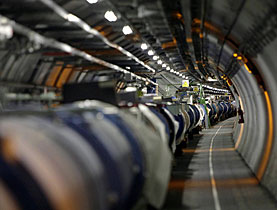
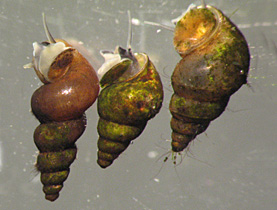

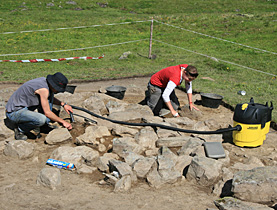
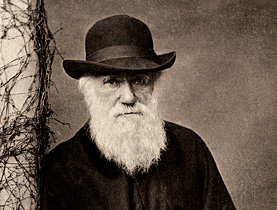
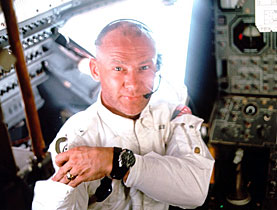
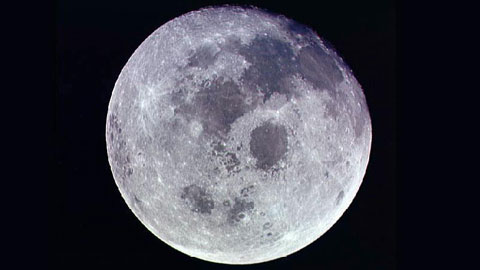
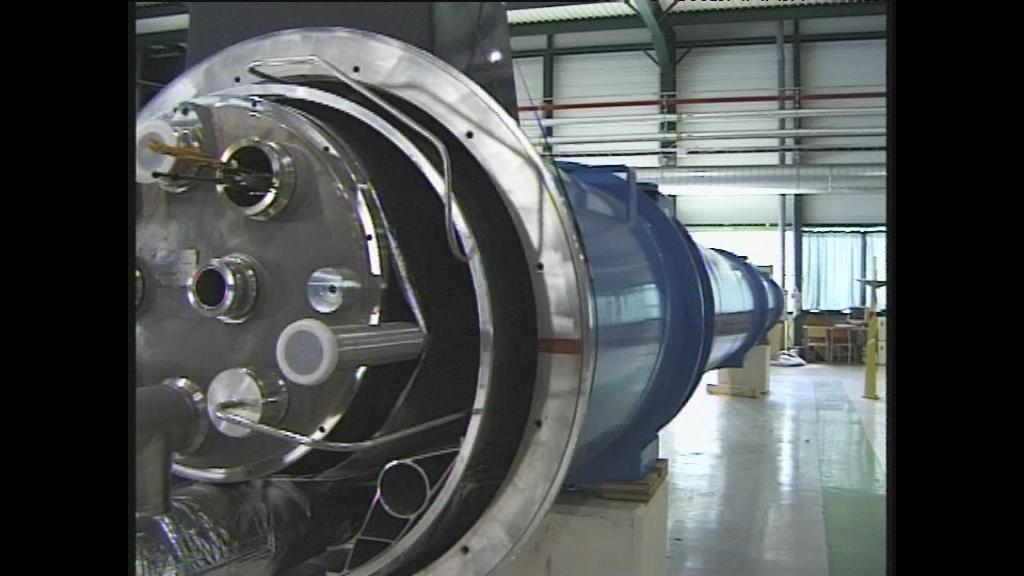
You can find an overview of ongoing debates with our journalists here. Please join us!
If you want to start a conversation about a topic raised in this article or want to report factual errors, email us at english@swissinfo.ch.